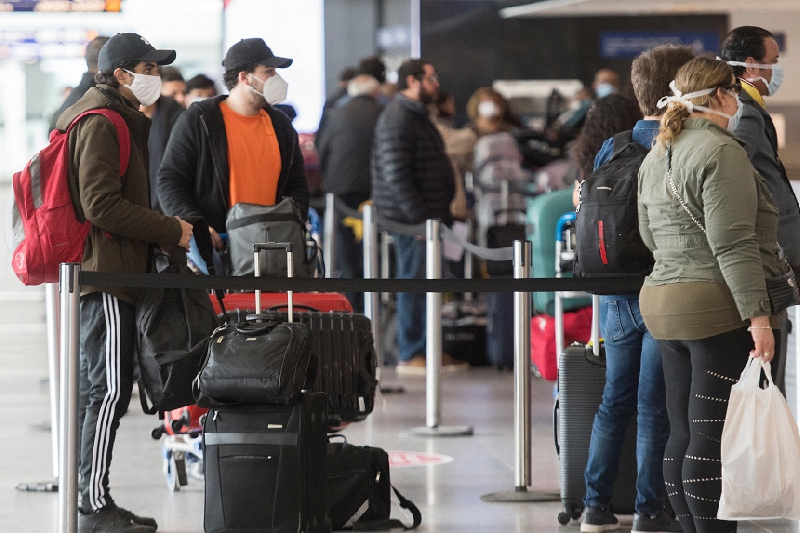Governments aim at citizens residing outside their home country
Governments sometimes overstep ethical boundaries and violate citizens’ human rights through censorship, intimidation, and suppression of dissent.
A disturbing global pattern was documented in a recent report. It found that certain governments turn to transnational repression to silence opposition voices living abroad. Tactics used included targeting activists, journalists, and political opponents overseas through harassment, abuse, and other coercive means. Such extraterritorial repression exacerbates prior harm and creates an atmosphere of fear that undermines fundamental freedoms.
Scope of Transnational Repression
Titled “We Will Find You: A Global Look at How Governments Repress Nationals Abroad,” the report provides an in-depth examination of the tactics employed across borders to stifle dissent. These include unlawful killings, kidnappings, enforced disappearances, and digital surveillance aimed at those perceived as threats. By pursuing critics, governments seek to quash dissent and maintain control.
Impact on Victims and Families
Transnational repression has devastating effects on both victims and their loved ones. Those targeted are often refugees or exiles who have fled abuse in their home countries, only to find themselves pursued abroad as well. They live in constant fear for their safety, with threats and intimidation extending to families back home. The specter of retaliation creates a chilling impact on freedom of expression and association.
Abuse of International Mechanisms
Governments frequently exploit intergovernmental organizations like Interpol to further their repression agenda. By issuing politically motivated red notices, they aim to detain or arrest dissidents under false pretenses. This abuse of Interpol’s processes undermines not only the agency’s integrity but endangers individuals. Such violations highlight the need for greater oversight and accountability within international systems.
Recommendations for Action
A multifaceted response is advocated to counter transnational repression and protect impacted individuals. Governments must prioritize victim protection, condemn repressive acts, and prosecute perpetrators fully. The UN should establish a special rapporteur on the issue to monitor trends and hold states accountable. Interpol must also implement human rights standards for member countries and increase scrutiny of notices issued by governments with poor rights records.
Addressing this malign phenomenon and supporting strong action galvanizes global efforts to confront repression in all its forms. Only by standing in solidarity with victims and enforcing accountability can we build a world where freedom of expression and dissent are respected and safeguarded.



Comments
Post a Comment